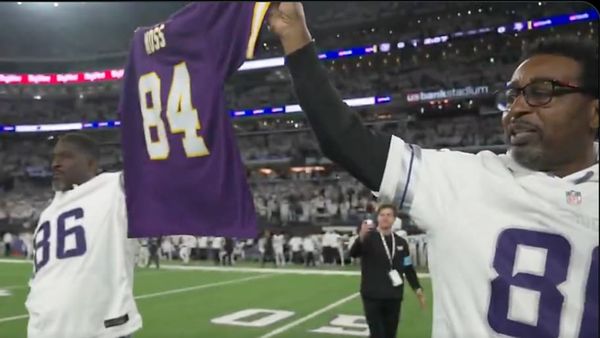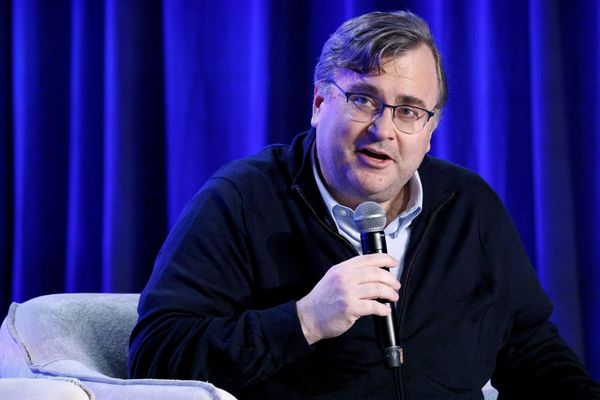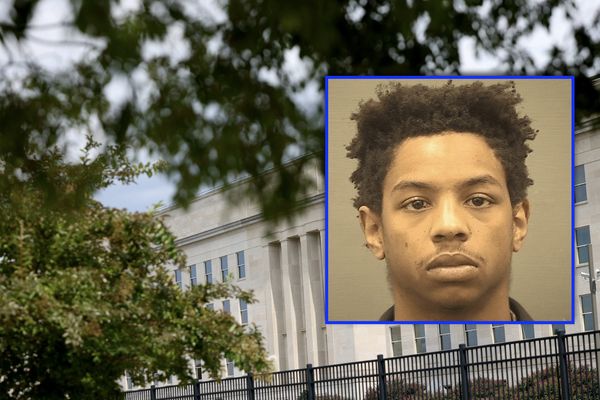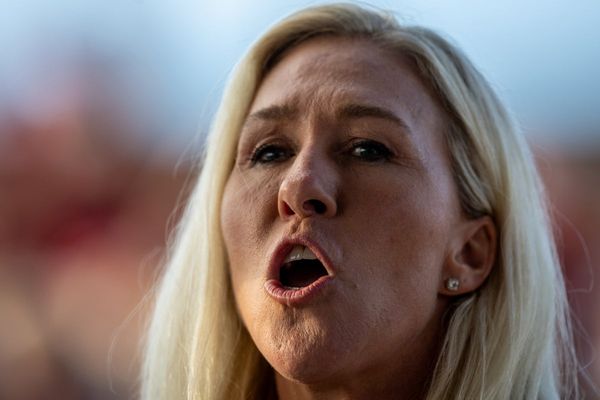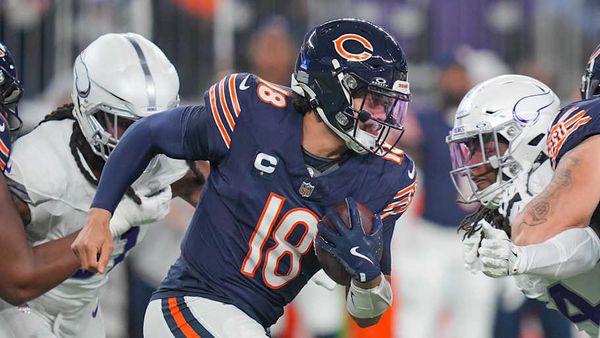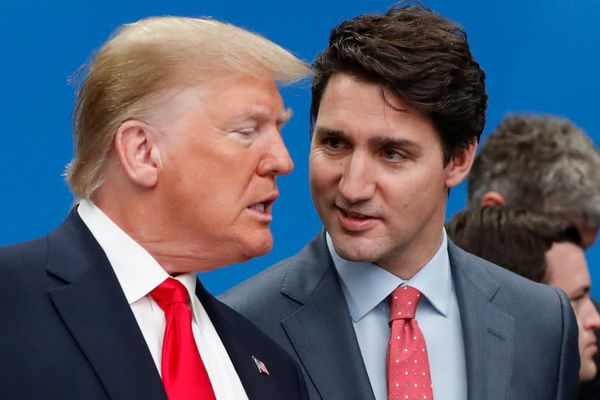
A police watchdog said she’s “encouraged” by the Chicago Police Department’s most recent efforts at reform, though she noted in a report released Friday that just over half of about 500 reforms required under a federal consent decree have been carried out even partially.
Maggie Hickey — the independent monitor for sweeping reforms to policies on officers’ use of force, discipline, training and recruiting — also said the city met about half of its deadlines in the court order between January and July.
Police Supt. David Brown said that’s a positive thing.
In an interview, Brown said he believes the department’s report card is the best since the Hickey began issuing them in 2019. And he says Chicago is farther ahead in its first two years of the consent decree than any other department that’s been under one, including Los Angeles, Seattle, Detroit, Baltimore or New Orleans.
According to Hickey’s nearly 1,000-page report filed in federal court, one of the biggest areas of improvement was in the department’s Crisis Intervention Section, which responds to people with mental illnesses.
Hickey also commended the city for reaching a deal with the Fraternal Order of Police on an eight-year contract with new “accountability requirements.”
But she highlighted numerous areas where the department has fallen short.
For instance, the department is reforming its foot pursuit policy, but it disabled a computer dashboard on foot chases after acknowledging the data it had collected for the past two years was deeply flawed.
Hickey also said she’s concerned that more than 360 officers left the department between January and July, more than in all of 2018.
/cdn.vox-cdn.com/uploads/chorus_asset/file/22910958/merlin_93634147.jpg)
Brown said he’s working hard to fill those jobs. “For the first time in the history of the Chicago Police Department, we have a dedicated recruiting team,” he said.
Hickey said the department needs to do more to get citizens’ input on reforms. “The CPD continues to fall short in its efforts to reach marginalized populations,” she said.
The American Civil Liberties Union of Illinois agrees. It released a statement Friday saying “the monitor makes clear that CPD is not meaningfully engaging the public, missing the opportunity to solicit ideas and real life experiences for policies and approaches to combating violence.”
In 2015, the U.S. Justice Department launched an investigation of the Chicago Police Department in response to outrage over a video showing Chicago police Officer Jason Van Dyke shooting Laquan McDonald 16 times and killing him. Van Dyke was later fired and went to prison.
In January 2017, the Justice Department concluded that Chicago officers engaged in a “pattern and practice” of civil-rights violations. Later in 2017, the Illinois attorney general’s office sued the city, alleging the same violations. The 2019 consent decree is a settlement in federal court between the city and the attorney general’s office, requiring hundreds of reforms.
/cdn.vox-cdn.com/uploads/chorus_asset/file/22910315/merlin_100654572.jpg)
In a letter attached to Hickey’s report, Illinois Attorney General Kwame Raoul criticized the “lagging pace” of the Chicago Police Department’s compliance with the reforms set out in the decree, saying the “goal of establishing community trust in CPD remains far in the distance.”
Raoul echoed Hickey’s praise for the department in improving its response to mentally ill people. And he said the Civilian Office of Police Accountability, which investigates allegations of police misconduct, and the Chicago Police Board, which decides whether officers should be punished, have made substantial progress in reforming their operations.
But he was critical of the roving police units Brown created after he was hired last year.
The Community Safety Team is deployed to the scenes of shootings and robberies and is supposed to work with neighborhood leaders to improve relations between the police and citizens. The Critical Incident Response Team was created to “ensure the safety of residents and visitors during times of mass gatherings,” according to the department.
In his letter, Raoul said he was “concerned that the City and CPD continue to create and expand roving citywide units, such as the Community Safety Team, Critical Incident Response Team and newly announced gun team, which do not sufficiently incorporate community policing principles and do not use sufficient metrics to judge their effectiveness.”
But Brown said the Community Safety Team has built bridges with communities on the West and South Sides. Officers have been getting to know young people through athletics, particularly in a West Side baseball league, Brown said. Those officers also have handed out meals and masks during the coronavirus epidemic, he said.
“Maybe the attorney general is not aware of that,” Brown said.
Despite the past two years of soaring levels of violence in Chicago, Brown said a summer pilot program in the city’s 15 most dangerous police beats was successful at reducing crime by focusing a variety of city services in those areas — not just putting more officers there.
“That is the glimmer of hope for turning the corner,” Brown said.
